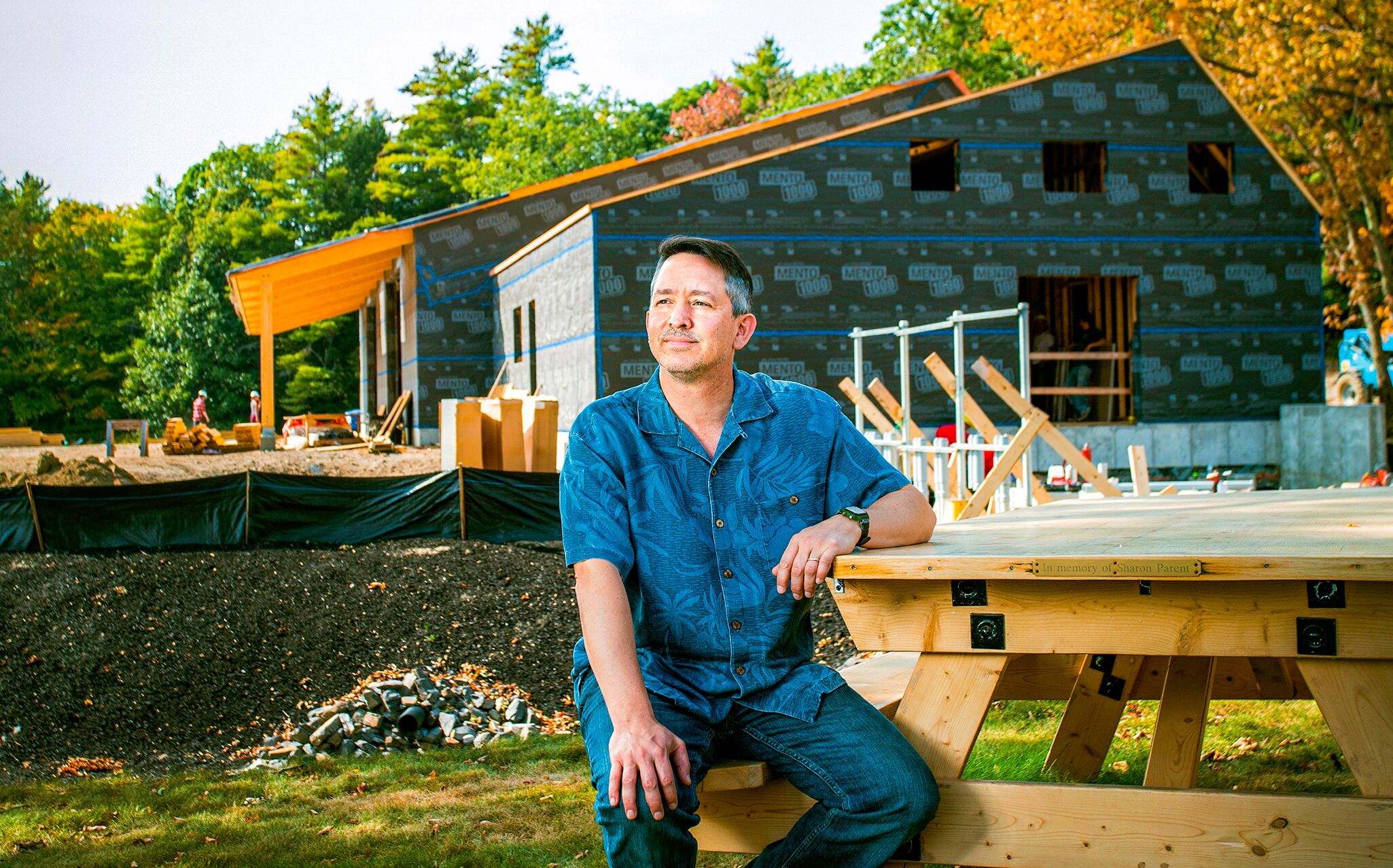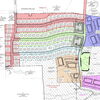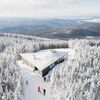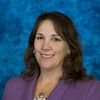Processing Your Payment
Please do not leave this page until complete. This can take a few moments.
- News
-
Editions
-
- Lists
-
Viewpoints
-
Our Events
-
Event Info
- Women's Leadership Forum 2025
- On the Road with Mainebiz in Bethel
- Health Care Forum 2025
- On The Road with Mainebiz in Greenville
- On The Road with Mainebiz in Waterville
- Small Business Forum 2025
- Outstanding Women in Business Reception 2025
- On The Road with Mainebiz in Bath
- 60 Ideas in 60 Minutes Portland 2025
- 40 Under 40 Awards Reception 2025
- On The Road with Mainebiz in Lewiston / Auburn
- 60 Ideas in 60 Minutes Bangor 2025
Award Honorees
- 2025 Business Leaders of the Year
- 2024 Women to Watch Honorees
- 2024 Business Leaders of the Year
- 2023 NextUp: 40 Under 40 Honorees
- 2023 Women to Watch Honorees
- 2023 Business Leaders of the Year
- 2022 NextUp: 40 Under 40 Honorees
- 2022 Women to Watch Honorees
- 2022 Business Leaders of the Year
-
-
Calendar
-
Biz Marketplace
- News
- Editions
- Lists
- Viewpoints
-
Our Events
Event Info
- View all Events
- Women's Leadership Forum 2025
- On the Road with Mainebiz in Bethel
- Health Care Forum 2025
- On The Road with Mainebiz in Greenville
- On The Road with Mainebiz in Waterville
- + More
Award Honorees
- 2025 Business Leaders of the Year
- 2024 Women to Watch Honorees
- 2024 Business Leaders of the Year
- 2023 NextUp: 40 Under 40 Honorees
- 2023 Women to Watch Honorees
- 2023 Business Leaders of the Year
- + More
- 2022 NextUp: 40 Under 40 Honorees
- 2022 Women to Watch Honorees
- 2022 Business Leaders of the Year
- Nomination Forms
- Calendar
- Biz Marketplace
Next: Taking the climate's pulse, Drew Dumsch expands learning about the natural world
 PHOTo / Tim Greenway
Drew Dumsch, President and CEO of The Ecology School in Saco
PHOTo / Tim Greenway
Drew Dumsch, President and CEO of The Ecology School in Saco
The Ecology School’s president and CEO, Drew Dumsch, is a Michigan native who was smitten by hiking and birding when he was young. A chance to work for the Stone Environmental School brought him to Maine, and that’s where he fell in love with teaching. Founded in 1998, the Ecology School has given thousands of kids hands-on experience learning about the outdoors. Right now, the school is in the process of an $14.1 million expansion on an old farm in Saco.
Mainebiz: How did the idea for the Ecology School come about?
Drew Dumsch: Throughout the 1990s I worked for several different nature centers and residential environmental learning centers in New England, the Chicago area and south of San Francisco. I always felt the curriculums lacked a stronger focus on the science of ecology and the practice of sustainability. In 1998 I had the chance to found the Ecology School with Steve Signell, a landscape ecologist, and Brad Bradway, who was the director of the Ferry Beach summer camp and conference center. We used the Ferry Beach site for our environmental education programs up until we bought our River Bend Farm property in Saco.
MB: How many students now come through the school on an annual basis?
DD: The Ecology School has been providing programs to over 12,000 participants a year — and providing over $250,000 in scholarships a year — with about a third of those being elementary and middle school students and their teachers attending our week-long residential environment learning programs in the spring and fall. With our year-round campus at River Bend Farm, we’ll now be able to expand our programming reach with summer camps, family programs and workshops for adults.
MB: Why is it important for students to study the natural world?
DD: The natural world sustains us. Without a healthy environment, our own health and communities suffer. By immersing both children and adults in fun outside exploration of natural ecosystems, we help people become optimistic systems thinkers who understand that the food we eat, the cars we drive, the buildings we live and work in all impact the planet and the economy. Most importantly, we want students of all ages to take the knowledge and inspiration they get at the Ecology School and act upon it in their own lives.
MB: For the campus expansion, how did you go about convincing the board and then donors that this was an important project?
DD: The Ecology School has always had the reputation of being innovators in experiential education and when we found out about the Living Building Challenge, the most rigorous green building certification in the world, we knew that constructing our new dining commons and dormitory facilities by combining sustainable energy, local sourcing of materials, carbon-neutral operations, equity and education was the only way to go. Our board and longtime donors fully embraced this vision. The long-term financing of $8.66 million from USDA Rural Development and $1.75 million from CEI definitely helped the momentum of our $3.6 million capital campaign to fully fund the $14.1 million project.
MB: Will the pandemic change how students learn and interact?
DD: The pandemic has essentially previewed what the chaos caused by climate change unchecked will look like. So we now have the opportunity to help reimagine education at River Bend Farm by offering healthier and safer outdoor learning experiences on a working agroecology farm of 105 acres, a living and learning campus that models, right now, what resilient communities and stronger local economies in the future can look like.
The Ecology School
184 Simpson Road, Saco
Founded: 1998
What the school does: Inspires stewardship of and connection to the natural world through nature-based, living lessons about ecology, conservation, farming, and sustainability.
Contact: 207-283-9951 / www.theecologyschool.org









0 Comments